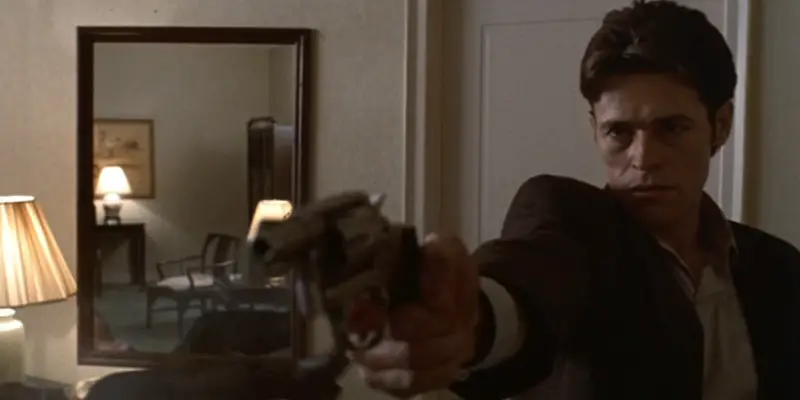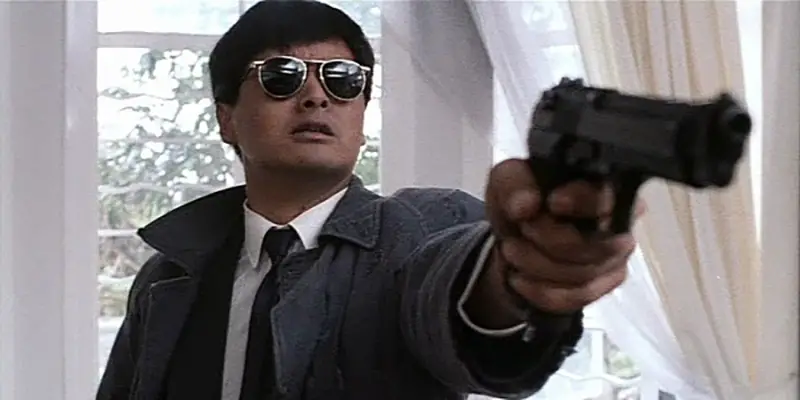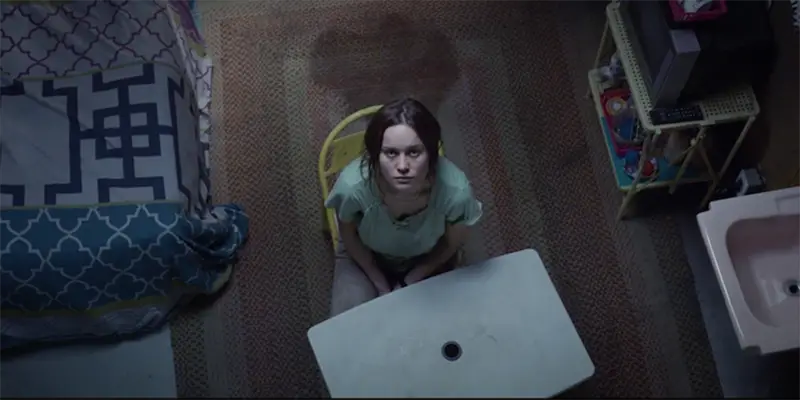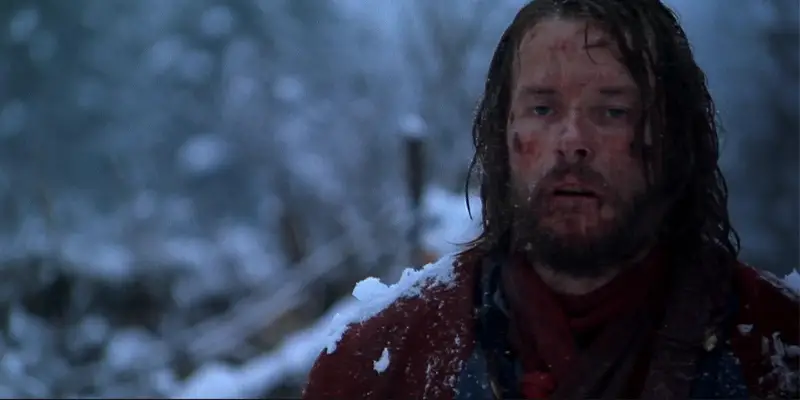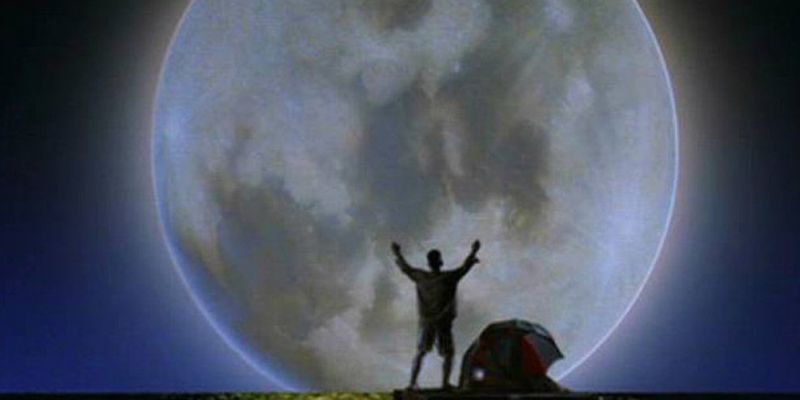Features
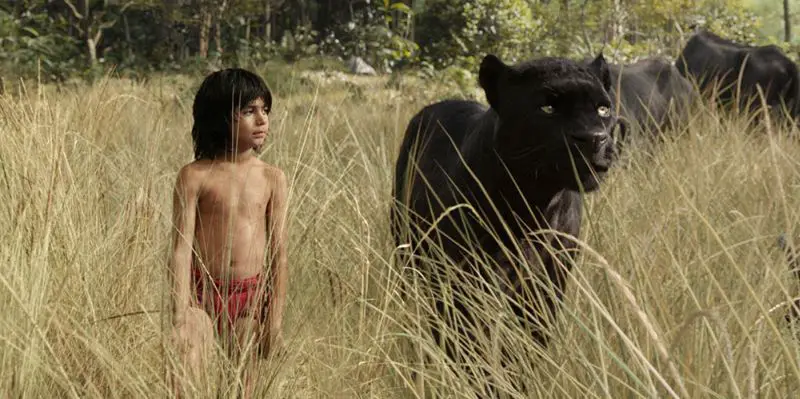
Filmgoers have always been captivated with man’s primal nature. From the silver screen adaptations of The Wolf Man to the mysterious Creature from the Black Lagoon, the primitive side of these movie monsters has contributed to horror genre’s A-team roster. Upon viewing their animalistic nature, our minds are suddenly given a glimpse into the missing link between man and beast.

PJ Woodside and her partner, Steve Hudgins at Big Biting Pig Productions in Madisonville, KY are creating quite a stir in the independent horror scene. They’ve put out a film a year for the last decade. Their most recent film, Frances Stein, was recently released on Amazon Prime and has been getting a steady stream of five star reviews.
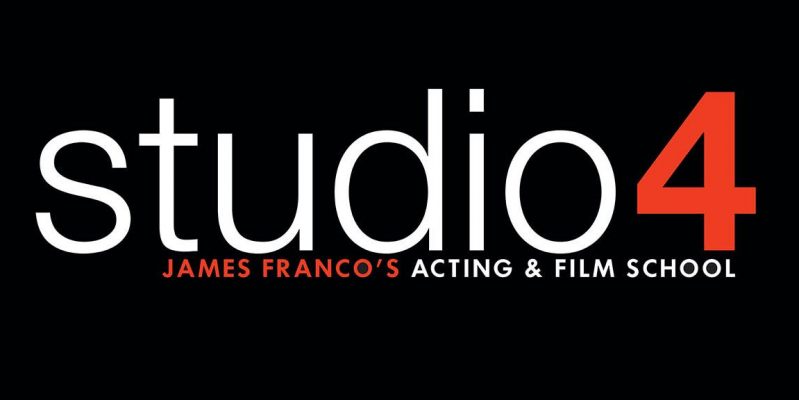
We all know James Franco as one of Hollywood’s top A-list actors and working artists who has his hand in various aspects of the arts, but a handful of film students and emerging talent in Hollywood know him as an instructor, mentor or college professor. In March 2014, he decided teaching at USC, UCLA and CalArts wasn’t enough, so he opened his own school, Studio 4. In October 2014, James taught his first class at his new school:
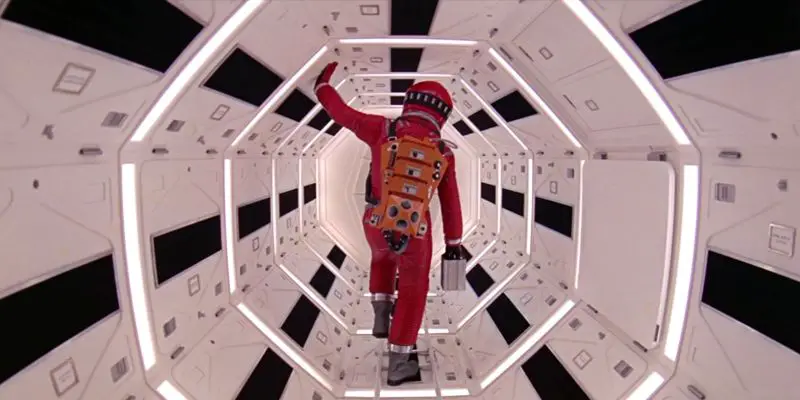
Stanley Kubrick’s classic sci-fi epic, 2001: A Space Odyssey, is a fictional transcendence of classic Greek mythos through the ubiquity of the motion picture camera. As the film’s title suggests, this is Greek philosopher Homer’s The Odyssey told on the grandest of scales and sparing no expense that 20th Century cinema had to offer.
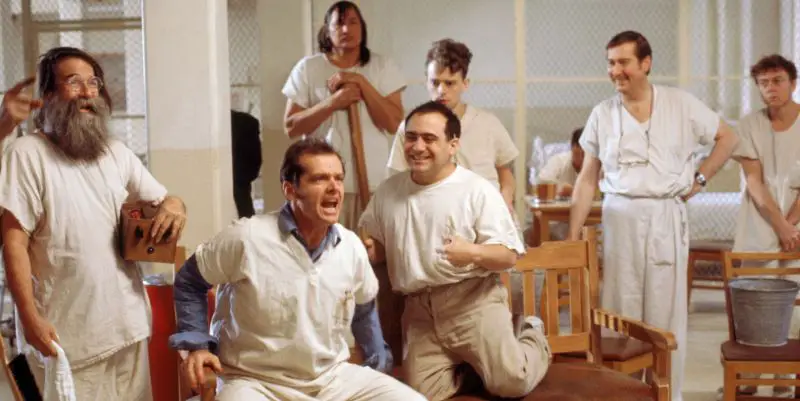
It’s been quite some time since my last volume of Words vs. Moving Pictures, in which I discussed Harper Lee’s To Kill A Mockingbird and compared it to the 1962 film. Since then, it has taken me a long time to try to find another book and subsequent movie adaptation that would be worthy of discussion.
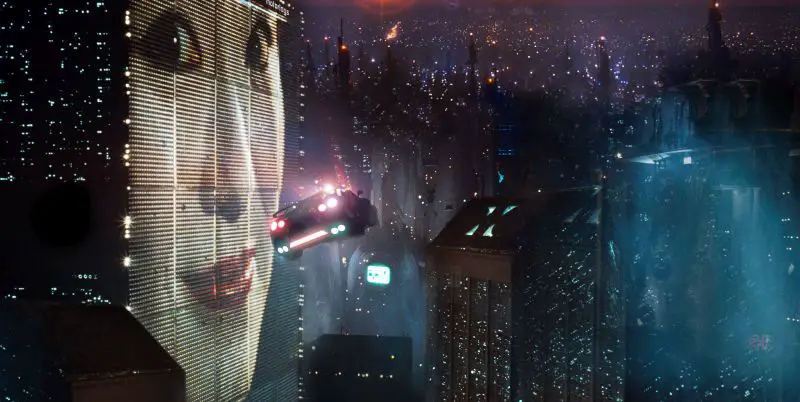
The ideology of originality in modern day cinema is a debate that is frequently discussed and examined, comparing it to what was considered the ‘Golden Age of Cinema’ in the 1900’s. Particularly regarded are the similar story lines and plots that are overused and are becoming somewhat identical, which can comprise of reboots of existing features, superheroes, etc. Along with the sheer amount of sequels that reoccur frequently even when audiences may not particularly want them, leading to them being ignored or neglected.
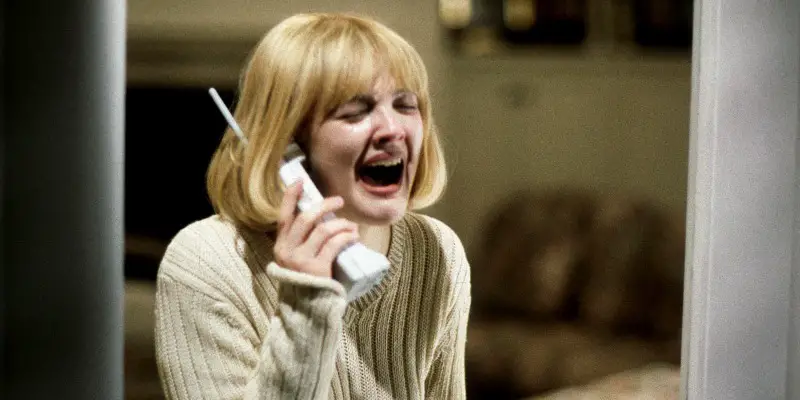
It may be fair to first point out that the question of this article has always been a conflicting issue that continuously floats around in the film industry. People often perceive the growing medium of cinema as a device for entertainment or as a brief, escapist distraction from society’s painful realities. This experience has impacted on how people think and behave within society, and Hollywood continue to question the extent to which films influence reality.
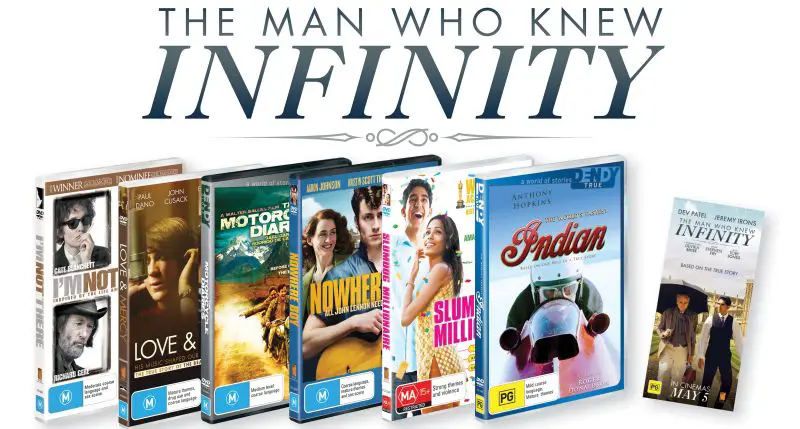
I’m very happy to announce that we get to give away a super awesome prize pack! Valued at AU$140, you can win an in-season double pass to The Man Who Knew Infinity starring Dev Patel and Jeremy Irons (opening in cinemas Australia-wide on May 5), as well as six DVDs: I’m Not There, Love & Mercy, Nowhere Boy, Slumdog Millionaire, The Motorcycle Diaries and The World’s Fastest Indian.
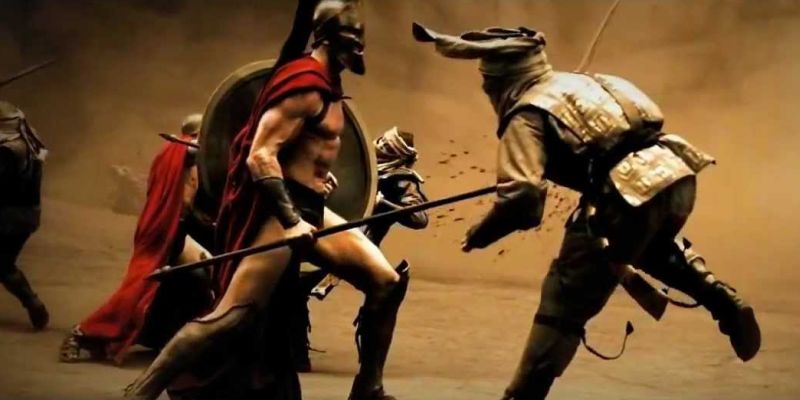
It has been five weeks since Batman Vs. Superman debuted at cinemas worldwide to a gargantuan opening weekend, followed immediately by toxic word of mouth that has caused the film to fade into irrelevancy even as it is still playing in theatres. The fact it could have potentially derailed Warner Bros.


